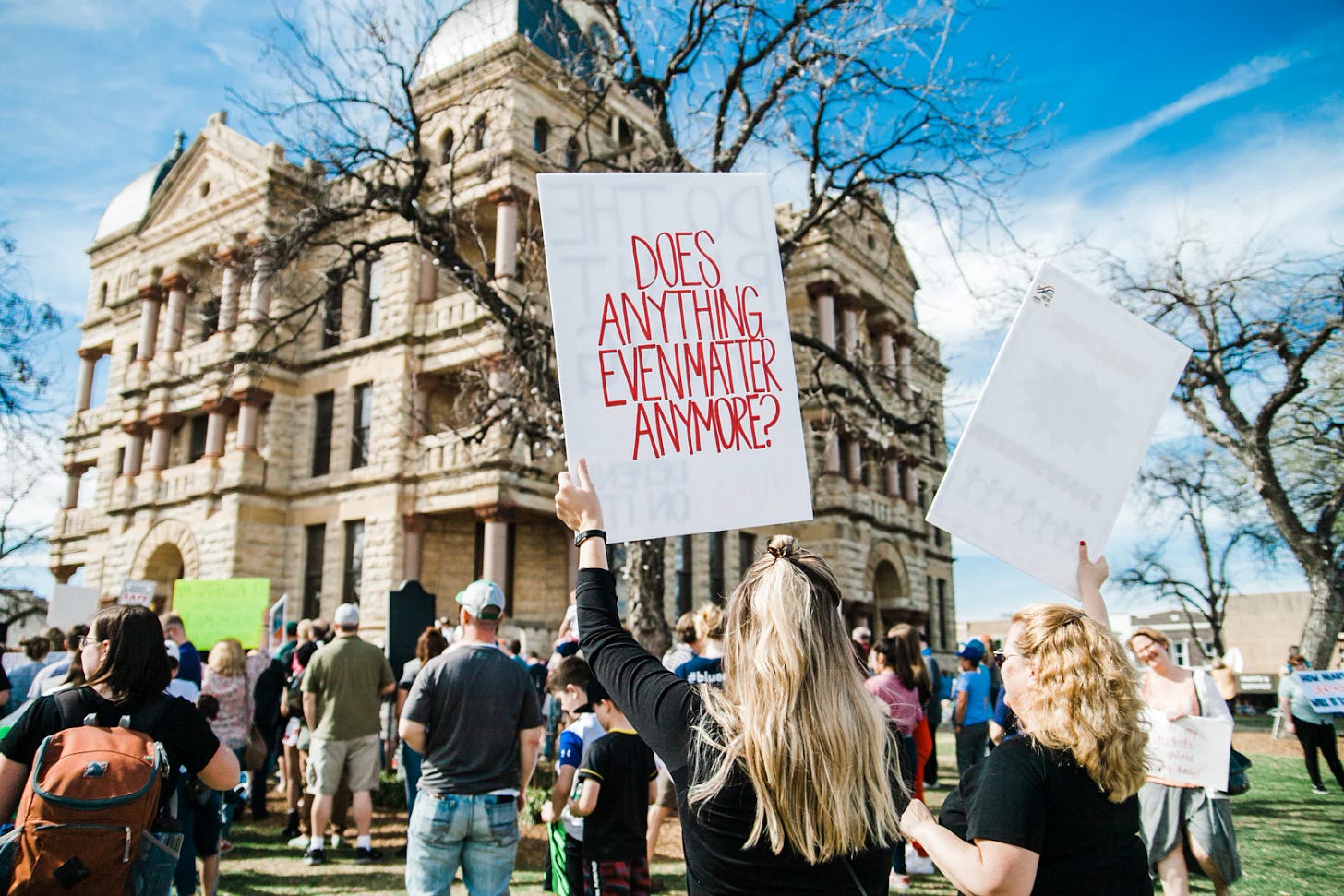Once upon a time, the university was where ideas went to be tested — hammered, bent, and refined. It was a place where intellectual combat wasn’t just permitted; it was prized. Disagreement was expected, even welcome. But somewhere between the civil rights marches and the hashtag movements, that noble friction gave way to something else. Today, in many of the West’s leading universities, moral reasoning has been replaced by moral performance — a ritual of outrage, denunciation, and ideological purification.
Consider the modern campus. Its students, among the most educated in history, seem less interested in asking questions than in policing answers. Professors tread carefully, wary not of errors in their research but of the unforgiving gaze of students half their age. Administrators, once guardians of academic freedom, now issue apologies with the speed and regularity of fire alarms. Truth, that stubborn old relic, has been demoted to a minor character in a much grander narrative—the quest for performative purity.
This isn’t just another generational spat. Something more fundamental has changed. The moral foundations of the university have been quietly rebuilt — and in the process, the very conditions that once made it a haven for truth-seeking have come under threat.
Take, for example, the phenomenon of cancellation. A visiting scholar expresses a heterodox view on biology, gender, race, or history, and the response is not debate, but denunciation. Not rebuttal, but removal. At Evergreen, at Yale, at Cambridge and MIT, intellectuals have found themselves cast not as partners in dialogue but as heretics to be silenced. The inquisitors may wear jeans and nose rings, but the logic is unmistakably medieval.
And what is the sin? Often, it is simply the act of questioning the prevailing orthodoxy. Of asking whether two plus two must always equal five if the party deems it so. Whether sex is a biological reality or a cultural hallucination. Whether antisemitism cloaked in activism is any less poisonous.
What makes this all the more galling is the asymmetry. There is no consistent principle at work — no moral philosophy robust enough to apply evenly. Instead, we see the tribal sorting of good and evil based not on actions or arguments, but on group identity and fashionable narratives. It’s a kind of moral relativism in progressive clothing — rules applied selectively, values untethered from universality, truth reimagined as allegiance. The same students who demand safe spaces to shield their feelings will, in the next breath, chant slogans that deny the humanity of Jews.
Some call this a new McCarthyism, but that’s too generous. McCarthyism at least had the decency to die of embarrassment. This new purge culture is not just tolerated — it’s institutionalised. DEI bureaucracies, bias response teams, and grievance studies departments often reinforce the very ideological rigidity they claim to redress. Like a moral Ponzi scheme, they flourish only by continually finding new heretics to prosecute.
The result is a culture of fear, not just among conservative students and faculty, but among liberals who privately dissent from the new orthodoxy but publicly nod along.
So how did we get here? Some blame social media, with its dopamine loops and digital mobs. Others point to bureaucratic bloat, to the rise of activist-scholars who see the classroom not as a place for inquiry but as a pulpit for ideology. Still others see in Gen Z a kind of moral fragility, the product of overparenting and an education system that confuses feeling safe with being right.
But perhaps the most sobering possibility is this: that we have raised a generation more interested in being seen as good than in doing good. That we’ve mistaken the language of justice for its substance. That we’ve taught our brightest minds that virtue lies not in argument, but in allegiance.
What is lost in all this is not just academic freedom, but moral development itself. True moral reasoning is hard. It requires epistemic humility, uncertainty, and the willingness to be wrong. It cannot flourish in a culture of ritualised certainty and public shaming.
There are signs of resistance. A few universities have reaffirmed their commitment to open inquiry. A few brave professors still challenge the tide. But they are exceptions, not norms. For the most part, the university — that ancient sanctuary of thought — has become an anxious place.
We should be alarmed, and not just because a few professors are losing their jobs, but because a society that loses the habit of moral reasoning will eventually lose the ability to distinguish justice from power, truth from consensus, and virtue from vanity.
It is not too late. But it will require courage — not just the courage to speak, but the courage to think. And to teach our students that truth-seeking is not a performance, but a duty. One that begins not with a slogan, but with a question.
Further reading
The Coddling of the American Mind – Greg Lukianoff & Jonathan Haidt: How well-intentioned ideas about safety and emotional well-being are undermining a generation’s ability to think critically.
Cynical Theories – Helen Pluckrose & James Lindsay: A sharp critique of how activist scholarship rooted in postmodernism has distorted truth-seeking disciplines.
How Woke Won – Joanna Williams: An investigation into how a narrow ideology took hold in British and American institutions, especially universities.
The Madness of Crowds – Douglas Murray: A critique of identity-driven movements and how they’ve reshaped everything from academia to corporate life.




